Septic Tank Replacement for Better Waste Management
Septic tank replacements are a critical component of maintaining effective wastewater management for properties not connected to municipal sewer systems. The process involves removing the existing tank and installing a new one, ensuring the system functions properly and complies with local regulations. Properly maintained septic systems can last for decades, but eventually, replacement becomes necessary due to age, damage, or inefficiency.
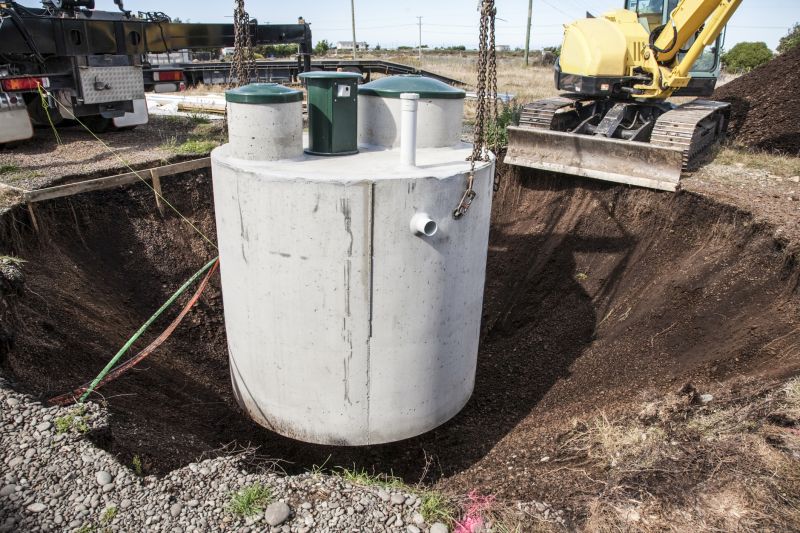
Heavy machinery and specialized tools are used during the replacement process to excavate and install the new septic tank.

Digging the site to remove the old tank and prepare the area for the new installation.
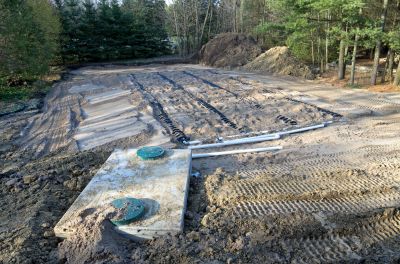
A newly installed septic tank ready for use, demonstrating proper placement and connection.
The duration of a septic tank replacement project varies depending on the size of the tank, site conditions, and accessibility. Typically, a professional crew can complete the replacement within one to three days. This includes excavation, removal of the old tank, site preparation, and installation of the new unit. Proper planning and experience are essential to minimize disruptions and ensure the system's longevity.
The replacement process generally involves several key steps. First, a site assessment determines the optimal location and assesses soil conditions. Next, the existing tank is carefully excavated and removed. The area is then prepared for the new tank, which is lowered into position and connected to the existing plumbing and drain field. Finally, the site is backfilled, and the system is tested to confirm proper operation.
Hiring a professional for septic tank replacement offers numerous advantages. Experienced technicians ensure the work adheres to safety standards and local regulations. They also have the necessary equipment and expertise to handle unexpected challenges, reducing the risk of future system failures. Proper installation by professionals can extend the lifespan of the septic system and prevent costly repairs.
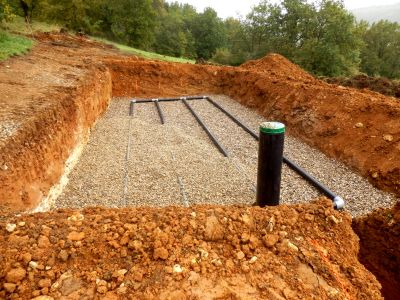
Preparing the site for installation, including excavation and soil stabilization.
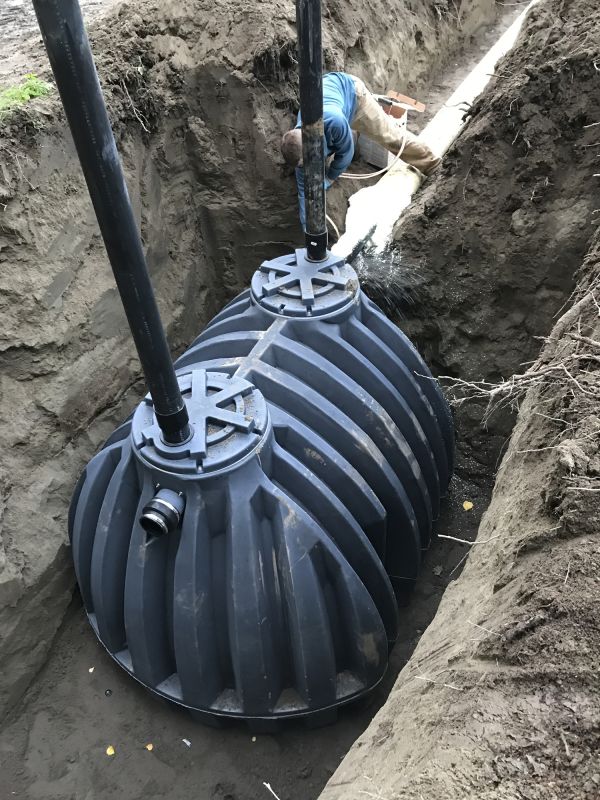
Positioning and connecting the new tank securely underground.
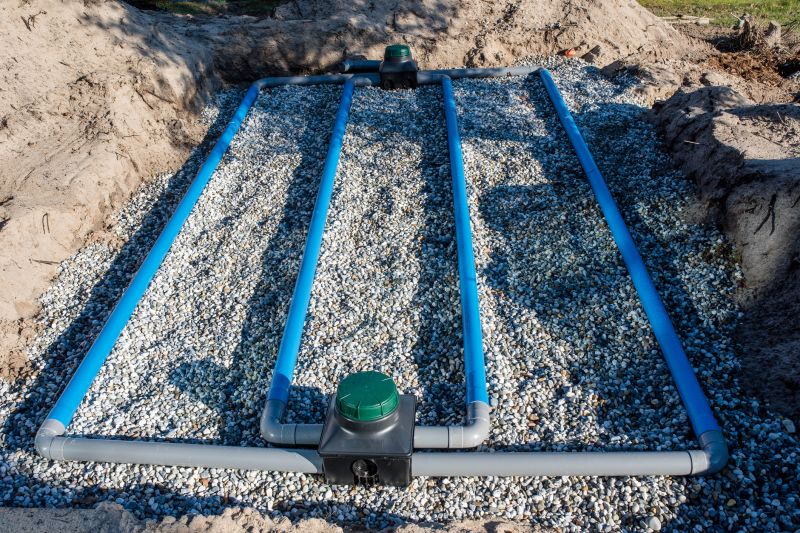
Verifying the functionality of the septic system after installation.
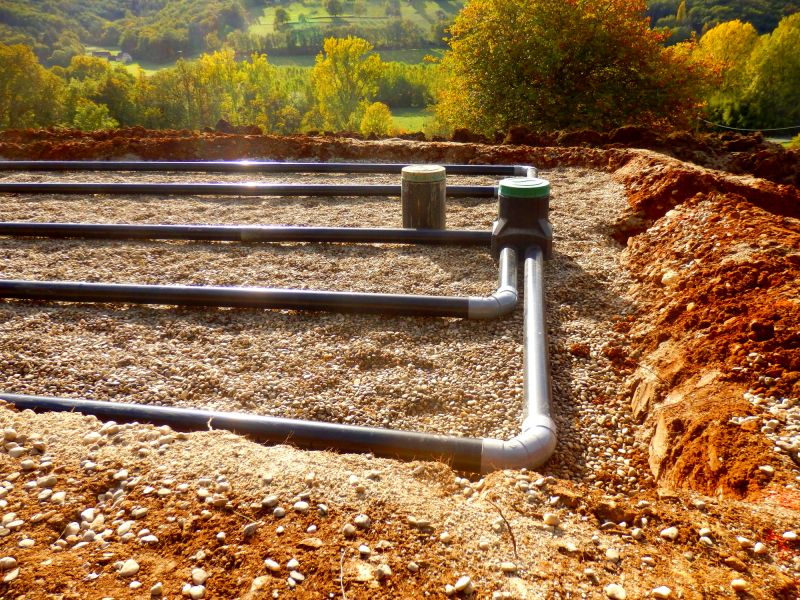
Finished installation showing minimal disturbance to the surrounding area.
For those interested in obtaining a quote for septic tank replacement services, filling out the contact form provides a straightforward way to start the process. Detailed information about the property and system needs can help facilitate an accurate assessment and timely scheduling.
